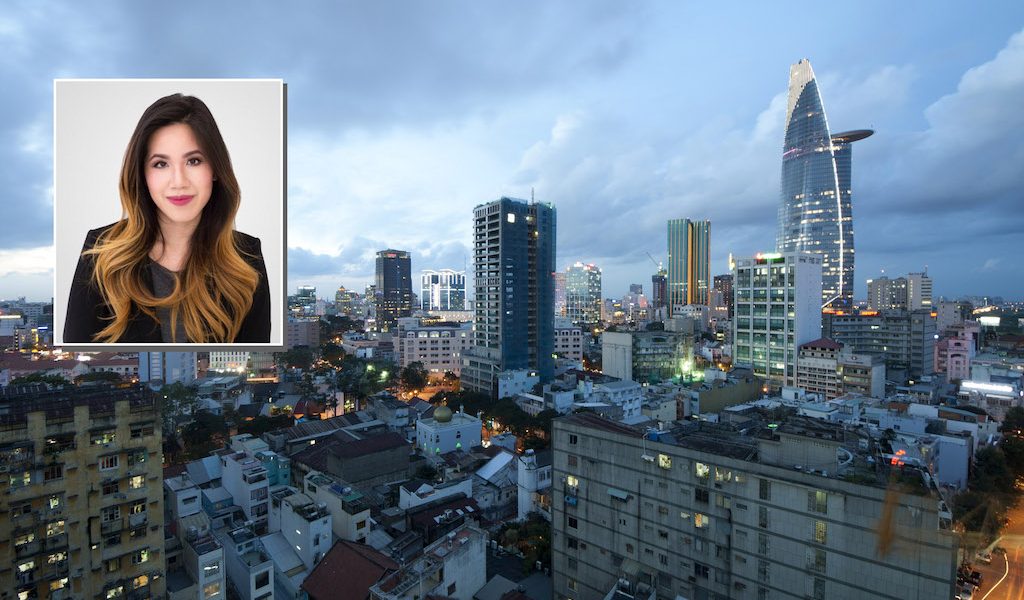OECD Clampdown on RCBI: Rooted in Factual Analysis or Baseless Allegations?
In 2018, the Organisation for Economic Co-operation and Development (OECD) introduced its Model Mandatory Disclosure Rules, which imposed disclosure obligations on investment immigration intermediaries, and a practical
Proponents of the OECD’s RCBI-clampdown suggest that the implementation of these dual initiatives will combat abuse by criminals, including money laundering and tax evasion and, m
Opponents of the OECD’s approach, however, consider it to be problematic largely because of the lack of empirical evidence demonstrating the damage done to the integrity of CRS in these allegedly high-risk countries.
It has been wholly unclear how the OECD has determined the grounds for inclusion or exclusion from the List in the first place. The OECD’s published List states that it is based on an “[analysis of] over 100 CBI/RBI schemes”, but has provided almost no detail as to the assessment of each country. The fact that a number of countries were removed from the List within mere days of its publication puts forward the possibility of a flawed initial determination and ambiguous bright-line rules.
This general lack of information concerning the OECD’s “analysis”, including why those countries were removed, has made it particularly difficult for industry professionals to make sense of the OECD’s initiatives and for governments to concretely remedy their situation.
Given this new development in the investment immigration industry, professionals and clients need to arm themselves with the relevant information to navigate this evolving landscape, such as how to minimize risk and how jurisdictions can defend their programs to flourish in this new environment.
These topics and more will be the subject of debate at the Investment Immigration Summit in Ho Chi Minh City, Vietnam taking place April 9-10, 2019, where industry experts will be present to weigh in and answer your pressing questions.
Click here to register for IIS HCMC.
HARVEY LAW GROUP
Julie Nguyen
Registered Foreign Lawyer (Ontario)
Interested in contributing a sponsored feature? Email us on cn@imidaily.com and see all our promotional options here.
Christian Henrik Nesheim is the founder and editor of Investment Migration Insider, the #1 magazine – online or offline – for residency and citizenship by investment. He is an internationally recognized expert, speaker, documentary producer, and writer on the subject of investment migration, whose work is cited in the Economist, Bloomberg, Fortune, Forbes, Newsweek, and Business Insider. Norwegian by birth, Christian has spent the last 16 years in the United States, China, Spain, and Portugal.


